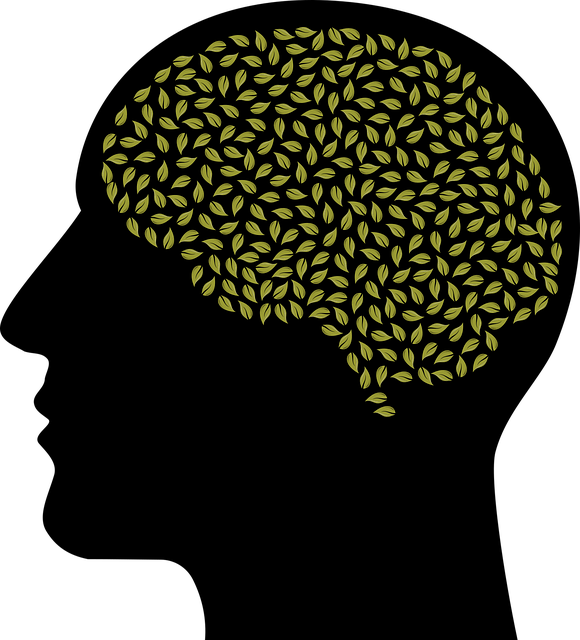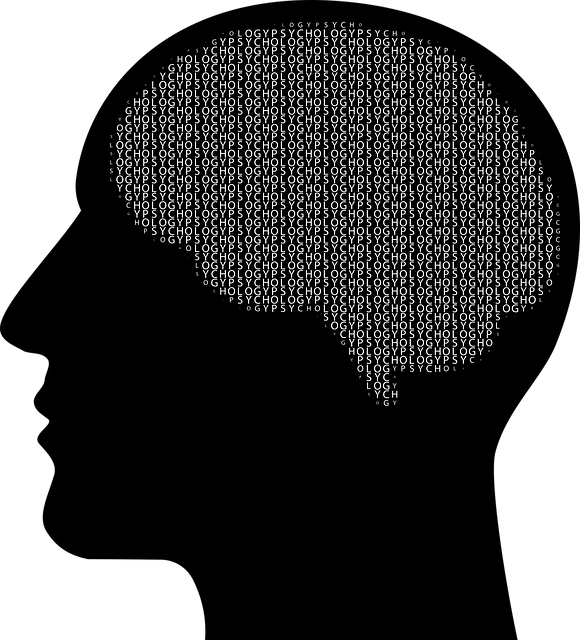Mental wellness, influenced by life events and personal challenges, is crucial for overall well-being. Littleton Learning Disability Therapy offers Mental Wellness Journaling Exercise Guidance as a tool to manage issues like depression and chronic stress through structured journaling. This practice helps individuals identify triggers, develop coping strategies, and reduce stress, making it an effective component of Stress Management Workshops Organization. For those with learning disabilities, journaling fosters self-expression and emotional intelligence. Dedicated therapeutic journaling at home, guided by professionals, is a powerful way to nurture mental wellness, enhance self-reflection, and manage emotions proactively. Techniques from Littleton Learning Disability Therapy, including visual aids and personalized prompts, dramatically improve the effectiveness of journaling as a mental wellness tool for better self-awareness and open dialogue about mental illness.
Mental wellness journaling is a powerful tool for navigating life’s challenges. In this guide, we explore how self-reflection through journaling can significantly impact your daily life, fostering resilience and personal growth. We delve into the benefits of this practice, offering insights on creating a therapeutic routine at home. Additionally, discover how Littleton Learning Disability Therapy techniques enhance journaling, providing unique strategies for profound self-discovery and mental wellness.
- Understanding Mental Wellness and Its Impact on Daily Life
- The Power of Journaling: A Tool for Self-Reflection and Growth
- Creating a Therapeutic Journaling Practice at Home
- Incorporating Littleton Learning Disability Therapy Techniques into Your Journaling Routine
Understanding Mental Wellness and Its Impact on Daily Life

Mental wellness is a crucial aspect of our overall well-being, influencing how we navigate our daily lives and interact with the world around us. It encompasses emotional, psychological, and social health, allowing individuals to cope with stress, make meaningful connections, and lead fulfilling lives. At Littleton Learning Disability Therapy, we recognize that mental wellness is not static; it fluctuates and can be impacted by various factors such as life events, relationships, work, and personal challenges.
When left unaddressed, issues like depression and chronic stress can significantly disrupt daily functioning and quality of life. This is where practices like Mental Wellness Journaling Exercise Guidance come into play, offering individuals a powerful tool to gain insights, process emotions, and develop effective coping strategies. By documenting thoughts, feelings, and experiences in a structured journal, one can identify patterns, triggers, and sources of stress, enabling better management and prevention through tailored interventions, such as those provided by Stress Management Workshops Organization.
The Power of Journaling: A Tool for Self-Reflection and Growth

Journaling is a powerful tool for self-reflection and personal growth, offering individuals a chance to explore their thoughts, emotions, and experiences in a safe and private space. This practice has gained significant attention in the field of mental wellness coaching programs development, as it provides a unique avenue for self-discovery. By putting pen to paper (or fingers to keyboard), one can unlock insights into their feelings, gain clarity on goals, and cultivate a deeper understanding of themselves.
For those with learning disabilities, such as those supported by Littleton Learning Disability Therapy, journaling becomes an accessible and beneficial exercise. It encourages individuals to articulate their thoughts, fostering self-expression and emotional intelligence. Engaging in regular mental wellness coaching through journaling can help reduce stress, promote healthy coping mechanisms, and enhance overall well-being. This simple yet effective method of introspection is a key component in many stress management workshops organization, aiming to empower individuals with powerful tools for navigating life’s challenges.
Creating a Therapeutic Journaling Practice at Home

Creating a therapeutic journaling practice at home is an accessible and powerful way to nurture your mental wellness, especially with guidance from professionals like those at Littleton Learning Disability Therapy. This simple yet effective habit allows for self-reflection and emotional processing, two key components of maintaining good mental health. By setting aside dedicated time each day or week to write, you’re taking a proactive step towards understanding and managing your emotions. Incorporate prompts that resonate with your personal journey—whether it’s exploring gratitude, reflecting on challenges, or practicing mindfulness—to make the process meaningful and engaging.
Journaling can serve as a safe space for brainstorming solutions to everyday stressors or even complex issues like conflict resolution techniques. It encourages you to explore different perspectives, fostering inner strength development. For healthcare providers at risk of burnout prevention strategies, journaling offers an avenue for de-stressing and reconnecting with their emotional well-being. Through regular practice, you can develop a deeper understanding of yourself and cultivate a healthier relationship with your thoughts and feelings.
Incorporating Littleton Learning Disability Therapy Techniques into Your Journaling Routine

Incorporating Littleton Learning Disability Therapy techniques into your journaling routine can significantly enhance its effectiveness as a mental wellness tool. This therapeutic approach emphasizes structured yet flexible methods to aid individuals in organizing their thoughts and experiences, which is particularly beneficial for those navigating mental illness or seeking improved self-awareness. By adapting these strategies, you can transform your journal from a mere record of events into a powerful instrument for reflection and growth.
For instance, consider utilizing visual aids, such as diagrams or color-coding, to represent complex emotions or relationships, fostering a more intuitive and creative journaling experience. This sensory engagement aligns with cultural sensitivity in mental healthcare practice, promoting inclusive and non-judgmental self-exploration. Additionally, including prompt questions tailored to your unique challenges can facilitate deeper introspection, contributing to stigma reduction efforts by encouraging open dialogue about mental illness.
Mental wellness journaling, enriched by techniques from Littleton Learning Disability Therapy, offers a powerful and accessible path to self-reflection and growth. By establishing a consistent therapeutic journaling practice at home, individuals can gain deeper insights into their thoughts and emotions, ultimately enhancing their overall mental wellness and navigating life’s challenges with greater resilience. This simple yet profound exercise has the potential to transform lives, fostering a more balanced and fulfilling existence.














